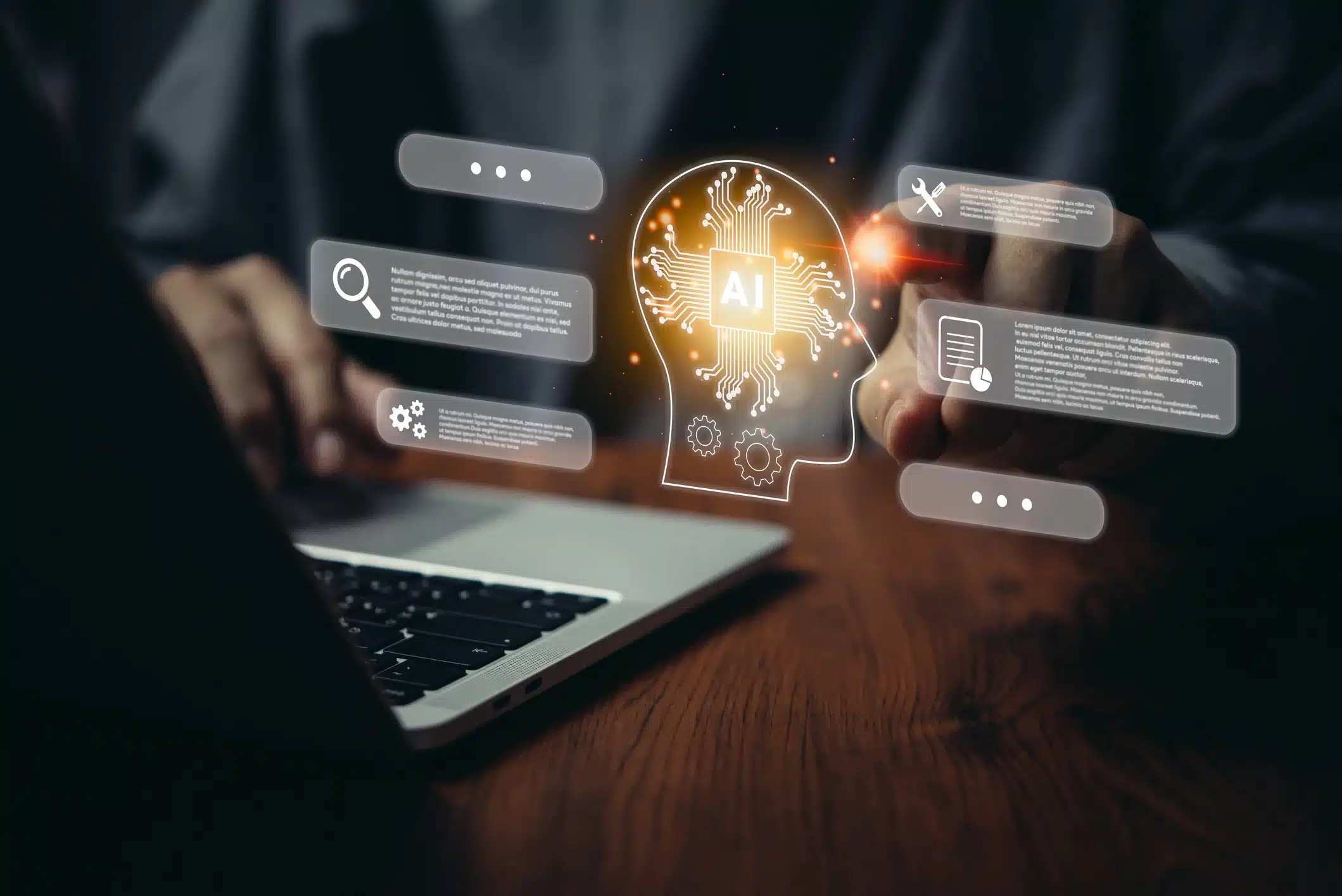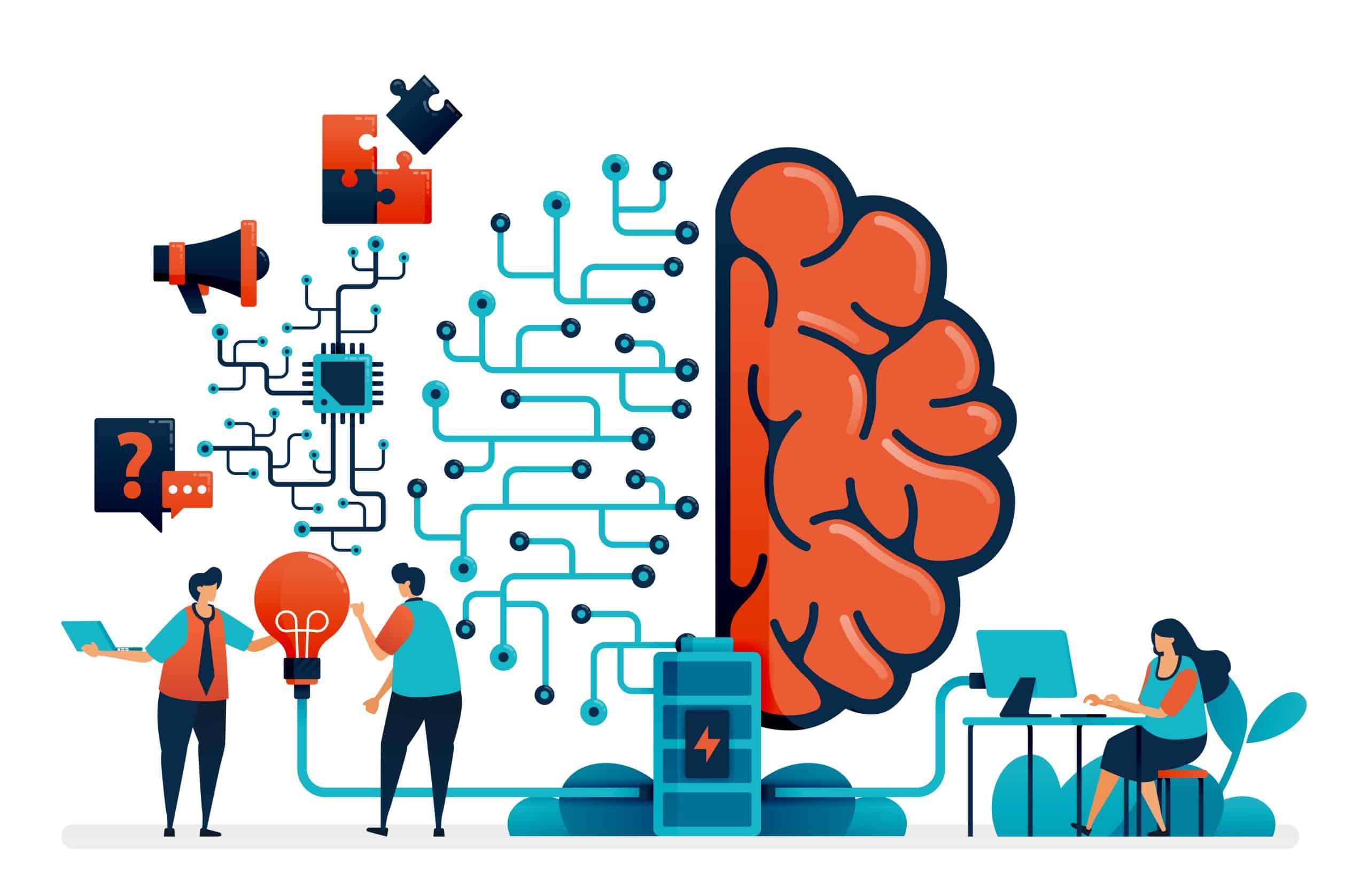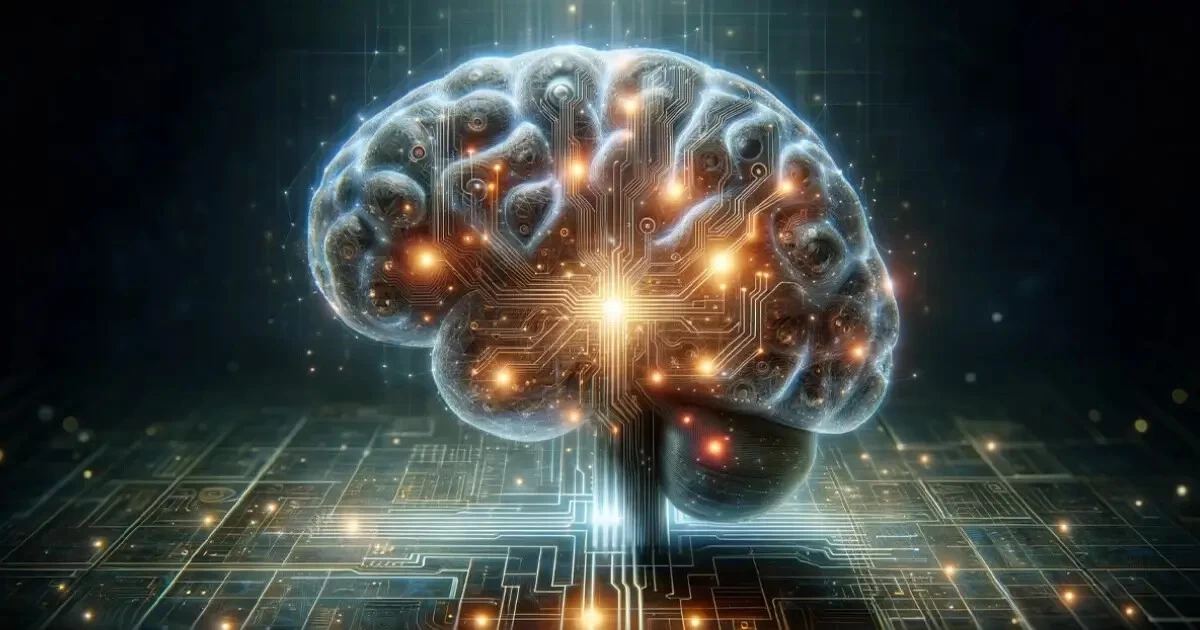- 🔑 AI is revolutionizing marketing productivity across various platforms, not just automating ads.
- 🧠 Generative AI empowers marketers to enhance efficiency rather than replace human effort, focusing on productivity tools.
- 🎯 Generative AI allows for deep data exploration and personalized marketing, revolutionizing how audiences are targeted.
- 🤝 Despite AI advancements, maintaining human interaction in customer service remains crucial for customer satisfaction.
- 📊 Generative AI can analyze data for effortless exploration, advanced segmentation, and audience building.
- 🧭 Generative AI helps create hyperpersonalized marketing campaigns tailored to individual customer journeys.
- 💰 AI can optimize dynamic pricing strategies in real-time by analyzing market conditions and customer behavior.
- 🤖 Chatbots and virtual assistants powered by generative AI can engage customers, but human interaction is still preferred.
- 🗺️ Generative AI can map customer journeys by analyzing data across touchpoints to optimize user experience.
- ⚡ AI streamlines creative testing, targeting, and optimization processes for more effective campaigns.
- 📈 Generative AI provides market research, trend analysis, and search engine optimization insights.
- ⚠️ Responsible use of generative AI in marketing is crucial to protect brands and consumers.
The marketing landscape is undergoing a profound transformation, and generative AI is at the forefront of this revolution. As businesses strive to stay competitive and deliver exceptional customer experiences, the adoption of AI technologies has become paramount. This blog post delves into the various ways generative AI is reshaping marketing, unlocking new levels of productivity, personalization, and data-driven insights.
Revolutionizing Marketing Productivity
One of the most significant impacts of generative AI in marketing is the boost in productivity it provides. By harnessing the power of natural language processing (NLP) and machine learning algorithms, marketers can streamline various tasks and processes. For instance, generative AI can assist with data exploration, eliminating the need for complex query languages or coding. Marketers can simply ask questions in natural language, and the AI system will provide insights derived from diverse data sources.
Moreover, generative AI empowers marketers to enhance their efficiency without completely replacing human effort. Instead of automating entire campaigns, AI focuses on augmenting productivity tools, enabling marketers to dedicate more time to strategic thinking and creative endeavors.
Tailoring Personalized Marketing Campaigns
One of the most significant advantages of generative AI in marketing is its ability to create highly personalized campaigns. By analyzing customer behavior, preferences, and data patterns, AI systems can identify unique customer segments and tailor content, offers, and recommendations accordingly. This level of personalization not only enhances the customer experience but also increases the effectiveness of marketing campaigns.
Generative AI can leverage reinforcement learning algorithms to optimize these personalized campaigns continuously, ensuring that each customer receives a tailored experience that resonates with their individual needs and preferences.
Optimizing Dynamic Pricing Strategies
In industries such as travel, retail, hospitality, and finance, dynamic pricing is a crucial strategy for maximizing revenue and staying competitive. Generative AI can analyze a wealth of publicly available information, market conditions, competitor pricing, and customer behavior data to optimize pricing strategies in real-time. This data-driven approach enables businesses to respond quickly to market fluctuations and adjust their pricing accordingly, ensuring they remain competitive while maximizing profitability.
Enhancing Customer Engagement with Chatbots and Virtual Assistants
Chatbots and virtual assistants powered by generative AI have become increasingly prevalent in marketing and customer service. These intelligent systems can engage with customers, answer queries, provide product recommendations, and assist in the sales process. However, it’s important to note that while AI-powered chatbots can be highly effective, recent studies have shown that consumers still prefer human interaction for certain aspects of customer service. Finding the right balance between AI-powered automation and human touch is crucial for maintaining customer satisfaction.
Mapping and Optimizing Customer Journeys
Understanding the customer journey is essential for delivering a seamless and efficient customer experience. Generative AI can analyze customer interaction data across various touchpoints, including websites, mobile apps, and social media platforms. By identifying pain points and areas for improvement, businesses can optimize the customer journey, ensuring a consistent and positive experience throughout the entire customer lifecycle.
Streamlining Creative Testing and Optimization
Generative AI can also streamline the process of creative testing and optimization for marketing campaigns. By analyzing results and suggesting optimal variations, AI can help marketers quickly identify high-performing content, designs, or strategies. This data-driven approach not only saves time and resources but also increases the effectiveness of campaigns, leading to better return on investment.
Leveraging Market Research and SEO Insights
Generative AI can process vast amounts of data to identify market trends, consumer sentiments, and emerging opportunities. By leveraging these insights, marketers can stay ahead of the competition, adjust their strategies accordingly, and optimize their digital properties for better search engine visibility. This data-driven approach to market research and search engine optimization (SEO) can provide a significant competitive advantage.
Responsible AI Adoption
While the potential benefits of generative AI in marketing are vast, it is crucial to adopt these technologies responsibly. Businesses must prioritize data privacy, governance, and consumer trust to protect both their brand and their customers. Human oversight and guidance remain essential to ensure that AI-powered marketing strategies are ethical, transparent, and aligned with the company’s values.
Conclusion
The rise of generative AI in marketing is a transformative force, offering unprecedented opportunities for boosting productivity, personalization, and data-driven decision-making. From streamlining processes and optimizing campaigns to enhancing customer engagement and mapping customer journeys, AI is revolutionizing the way businesses approach marketing.
However, it’s important to strike a balance between AI automation and human interaction, ensuring that customers receive the personalized experience they desire while maintaining a human touch. By embracing generative AI responsibly and in conjunction with human expertise, businesses can unlock new levels of marketing excellence, drive growth, and forge stronger connections with their customers.






